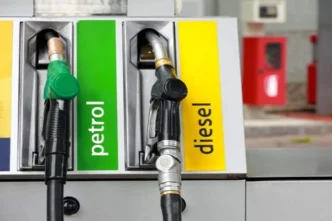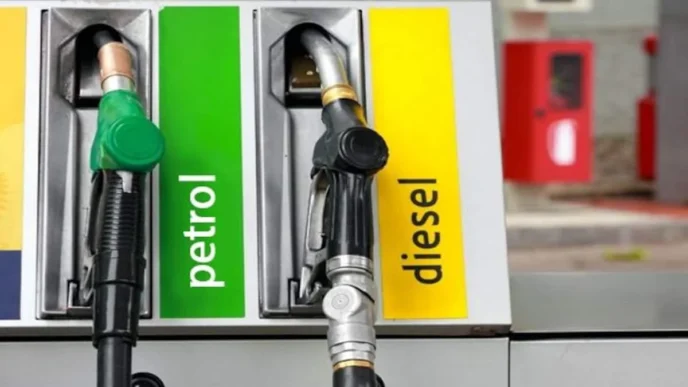South Africa’s automotive industry is reeling from the expiration of the African Growth and Opportunity Act (AGOA), a U.S. trade deal that previously granted duty-free access to American markets. Vehicle and component exports to the U.S. plummeted by 33% in the first quarter of 2025 compared to the same period in 2024, signaling a deepening crisis for a sector that exported 390,884 vehicles in 2024 and relied on the U.S. for 6.5% of total shipments.
The decline follows years of growth, including a record R270.8 billion (≈$14.7 billion) in automotive exports in 2023, driven by strong demand in Germany ($3.8 billion), the U.S. ($1.6 billion), and the U.K. ($974 million). However, the loss of AGOA benefits—coupled with looming U.S. tariffs threatening over $2 billion in annual trade—has left manufacturers scrambling to diversify markets.
Industry stakeholders warn that without urgent policy intervention, job losses and factory closures loom. “The sector contributed 14.7% of South Africa’s total exports in 2023, and a sustained downturn would cripple the economy,” said a spokesperson for the National Association of Automobile Manufacturers of South Africa (NAAMSA).
While the government explores alternative trade agreements, the immediate impact is stark: U.S.-bound vehicle exports dropped to 25,553 units in 2024 , down from earlier peaks, and analysts predict further declines if negotiations fail. The crisis underscores the fragility of South Africa’s export-dependent industries in a shifting global trade landscape.













